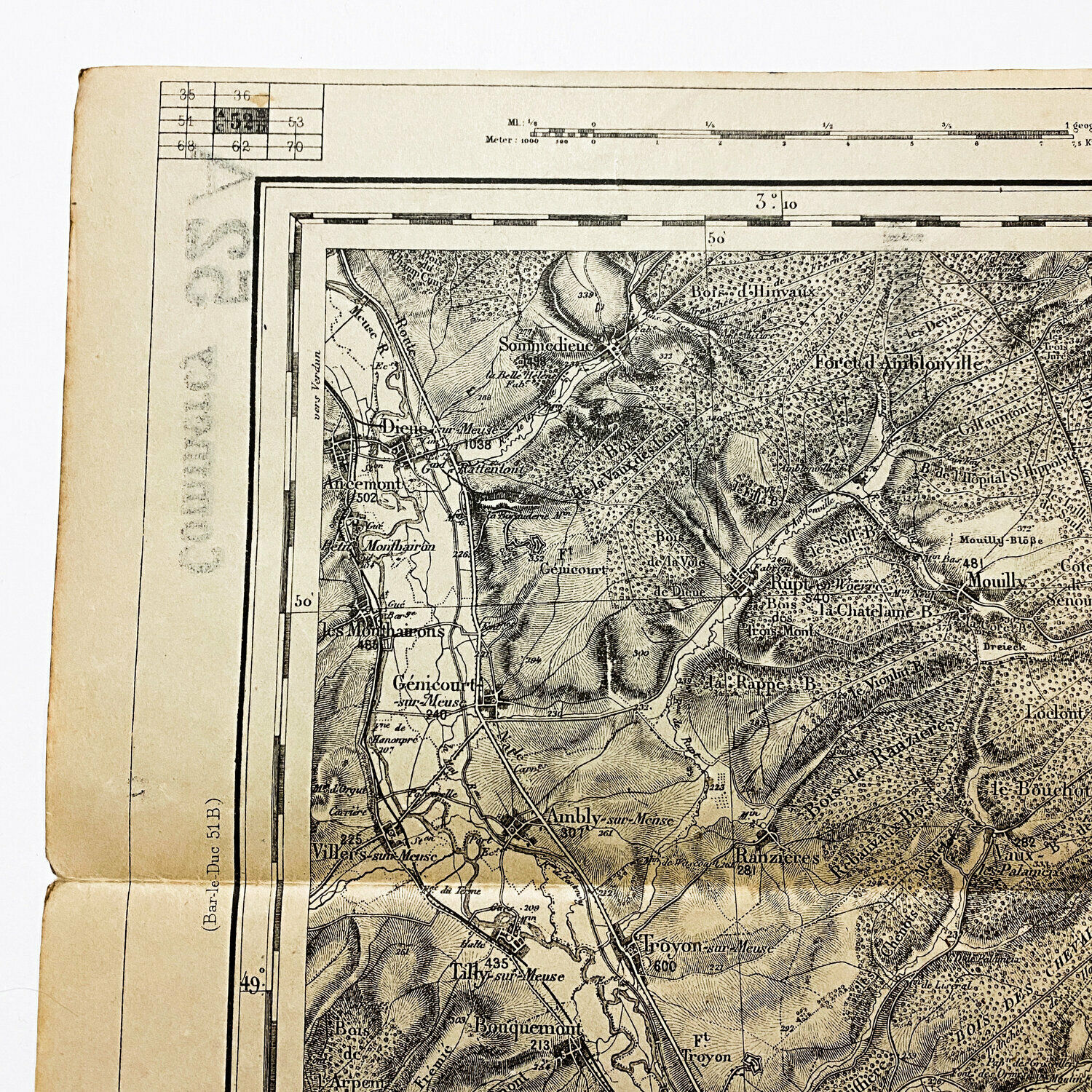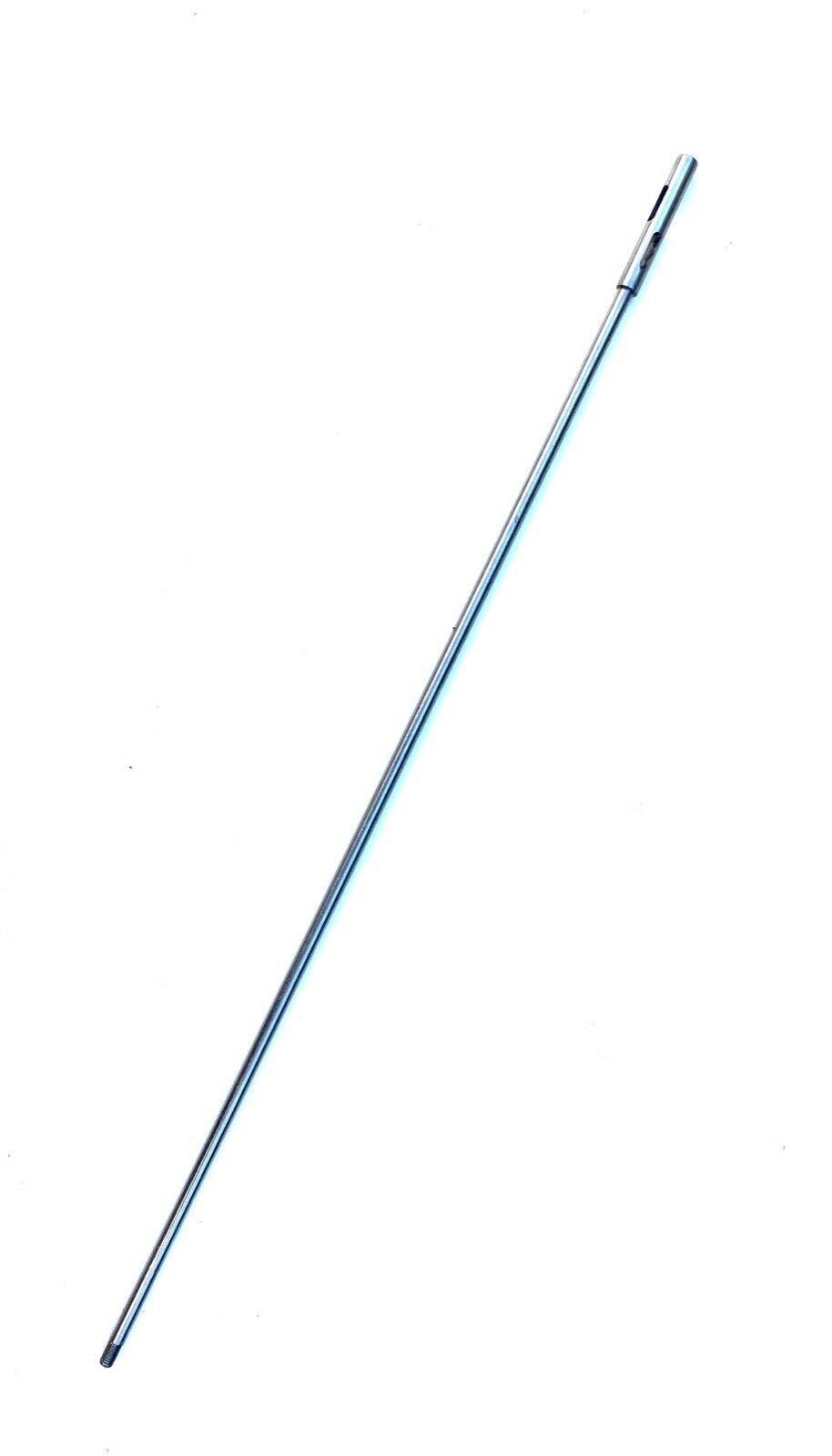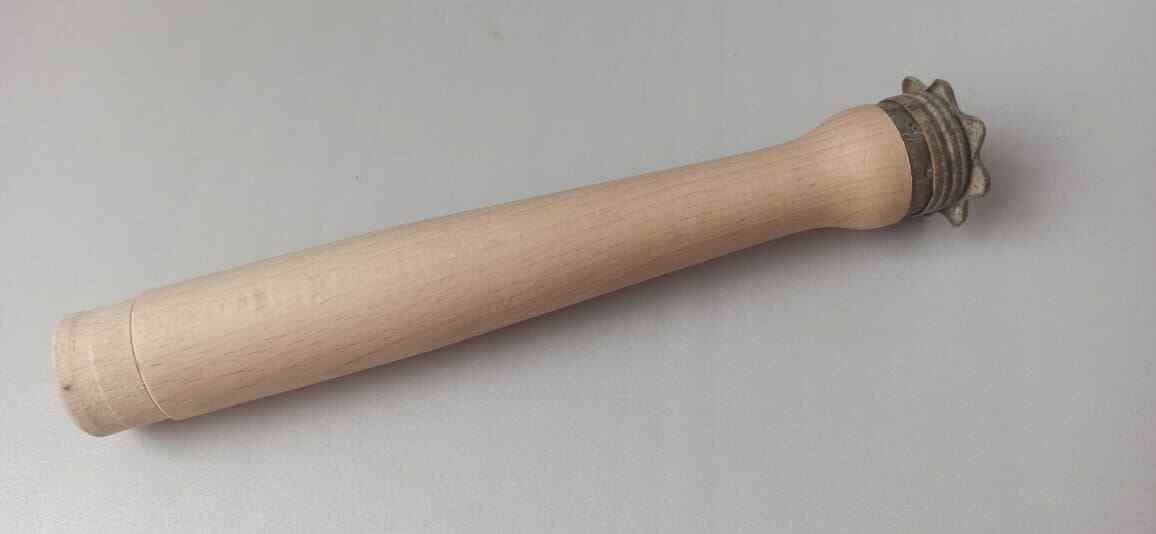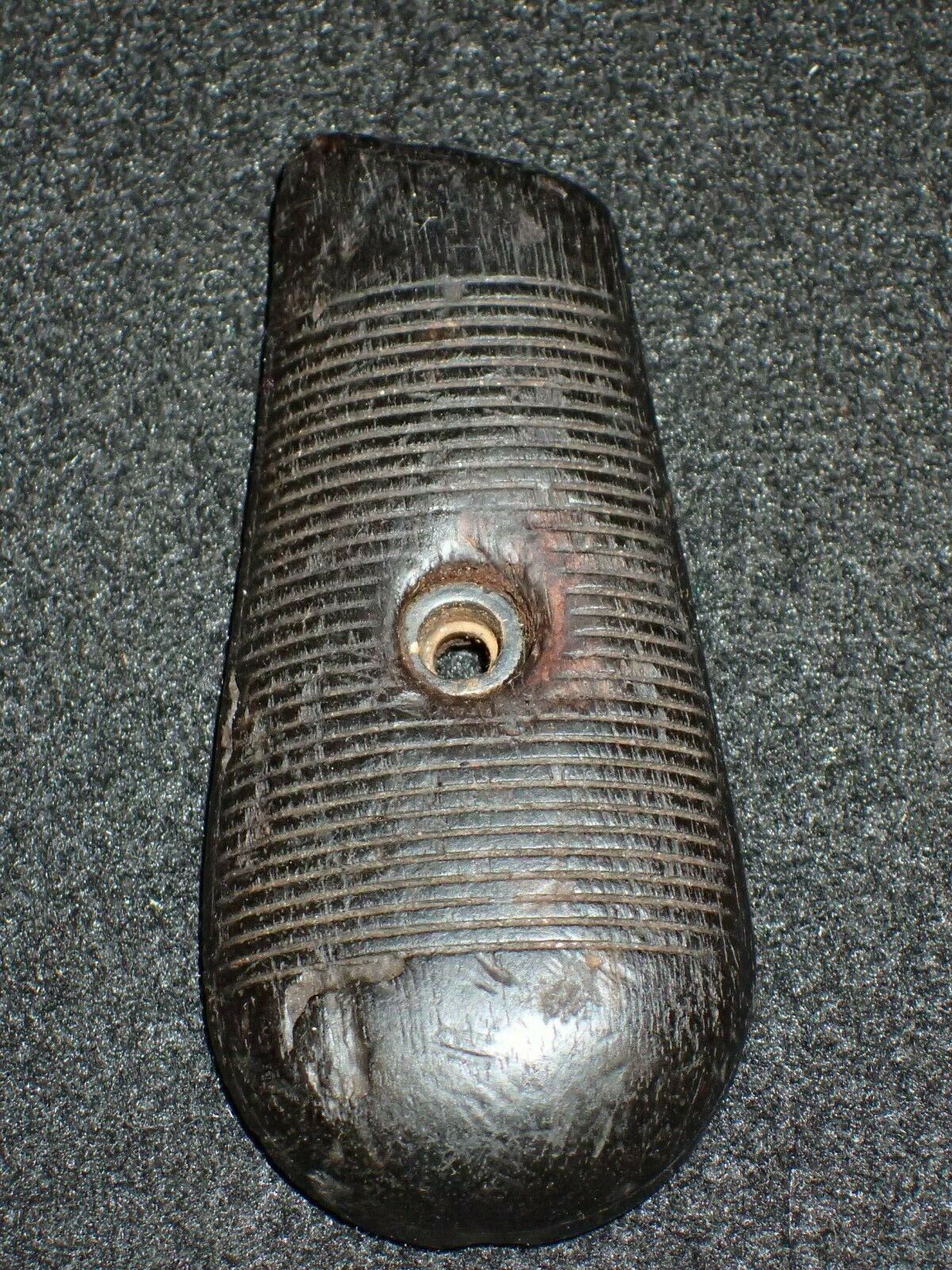-40%
WWI Captured German Map St. Mihiel 26th Infantry Lt. Harry G Sheldon Commercy A
$ 224.4
- Description
- Size Guide
Description
Size: 12.5 x 18.5 inches- Comes with a '
Letter of Authenticity
'
This exclusive and rare providence traced World War I map was taken from a captured German major on the battlefield of ‚ÄėRupt en Weurve‚Äô in the St.Mihiel Sector on September 13th, 1917 by Lieut. Harry G. Sheldon of the A.E.F. forces.
Lieut. Harry G. Sheldon was apart of the 26th Infantry Division, Company A. of the 101st Military Police and obtained these map during an examination of German prisoner of war. Lieut. Harry G. Sheldon and the military police is even referenced in a few WWI historical books regarding his contribution as a soldier in the Great War.
The following below is referenced from 'Welcome Home YD‚Äô In Commemoration of the Foreign Service and Home-Coming of the 26th Division Published by the "Committee of Welcome‚ÄĚ Appointed by the Governor of Massachusetts, Hon. Calvin Coolidge and the Mayor of Boston, Hon. Andrew J. Peters.
“The success of the St. Mihiel operation was complete. At comparatively slight cost, the
Division executed to the letter the mission required of it, all elements outdoing each
other in zeal and soldierly quality. Hardly less noteworthy than the night march to
Vigneulles was the work of the engineers in making the wrecked roads passable for the
field artillery, which was able to follow almost on the heels of the advancing infantry,
while the trains and military police performed duty of a kind to win the highest
praise. A great store of artillery and engineer material was captured, as well as
many prisoners
.‚ÄĚ
The set of 45+ recovered German war maps are of the various sectors that feature some of the most famous battlegrounds of WWI and the Allied and A.E.F. Hundred Day Offensive. These maps are broken into sets of 4 being label A,B,C and D of each given sector and district. Putting these section together forms a large map. Breaking the maps up into smaller sections map them easier to carry for soldiers and higher ranking military men in a specific area of fighting. If needed they could reference the other sections as the lines advanced or retreated. Each map is all common scale and can be placed side by side to fit. All the 45+ maps in this collection are in near mint condition making each of these maps extremely rare given their age.
***Please note that the providence and original captured envelope these maps were brought back in is not for sale or apart of this listing! Each buyer will receive a digitally sent full res. photo of the envelope. It is photographed in this listing along with all the other maps of this collection for COA and providence purposes. It is almost unheard of to find a WWI map...especially a World War I map with captured providence of this scale or condition! This would make an amazing addition to any WWI or rare map collection!
This original WWI German combat map of the ‚ÄėMirecourt‚Äô France sector. This map is one of 45 taken off of a German major on the battlefield of ‚ÄėRupt en Weurve‚Äô in the St. Mihiel Sector on September 13th, 1917 by Lieut. Harry G. Sheldon of the A.E.F. forces. These maps are broken into sets of 4 being label A,B,C and D of each given sector and district. Putting these section together forms a large map. They are all common scale and can be placed side by side to fit. This map is labeled ‚ÄėCommercy 52A‚Äô and is 1 of 4 maps for this given sector.
This map was most likely used in previous battles/troop movements and would have been used in the Meuse‚ÄďArgonne offensive if not for it being captured as it features notable battle locations such as the Meuse River, Forest de Montagne, and Villers.
Battle of St. Mihiel:
The¬†Battle of Saint-Mihiel¬†was a major¬†World War I¬†battle fought from 12‚Äď15 September 1918, involving the¬†American Expeditionary Forces¬†(AEF) and 110,000¬†French¬†troops under the command of¬†General¬†John J. Pershing¬†of the¬†United States¬†against¬†German¬†positions. The¬†U.S. Army Air Service¬†played a significant role in this action.
This battle marked the first use of the terms "D-Day" and "H-Hour" by the Americans.
The attack at the Saint-Mihiel salient was part of a plan by Pershing in which he hoped that the Americans would break through the German lines and capture the fortified city of Metz. It was the first and only offensive launched mainly by the United States Army in World War I, and the attack caught the Germans in the process of retreating. This meant that their artillery was out of place and the American attack, coming up against disorganized German forces, proved more successful than expected. The Saint-Mihiel attack established the stature of the U.S. Army in the eyes of the French and British forces, and again demonstrated the critical role of artillery during World War I and the difficulty of supplying such massive armies while they were on the move. The U.S. attack faltered as artillery and food supplies were left behind on the muddy roads. The attack on Metz was not realized, as the Supreme Allied Commander Ferdinand Foch ordered the American troops to march towards Sedan and Mézières, which would lead to the Meuse-Argonne Offensive.
General John Pershing thought that a successful Allied attack in the region of St. Mihiel, Metz, and Verdun would have a significant effect on the German army. General Pershing was also aware that the area's terrain setting first dictated that the restricted rail and road communications into Verdun (restrictions that had been imposed by the German attack during the Battle of Flirey) be cleared, and that a continuation of the attack to capture the Germany railroad center at Metz would be devastating to the Germans. For this, he placed his confidence in a young First Infantry Division Major, George Marshall, to move troops and supplies effectively throughout the battle. After these goals were accomplished, the Americans could launch offensives into Germany proper. The American First Army had been activated in August and taken over the sector of the Allied line. Pershing had to persuade Marshall Foch (the supreme Allied military commander) to permit an American attack on the salient.




















